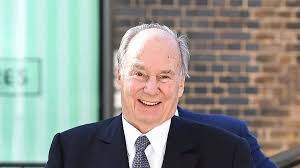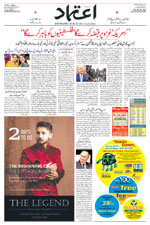From Gandhi to Jinnah, all part of Congress Parivar, had an important role to play in country's development and independence, says Shatrughan Sinha
Sat 27 Apr 2019, 15:44:24
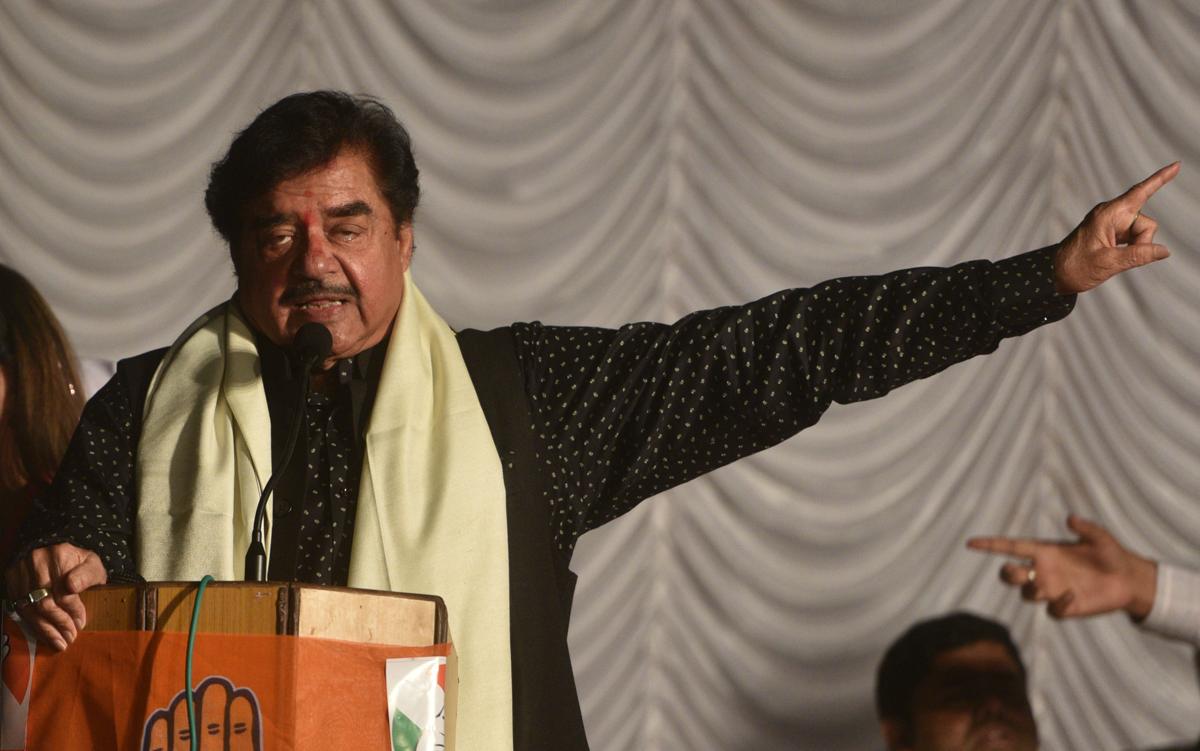
Shatrughan Sinha, who recently left BJP and joined Congress, on Friday lauded Muhammad Ali Jinnah along with Mahatma Gandhi, Sardar Patel and Jawaharlal Nehru, saying they all had a role to play for India's independence.
"Ye Congress parivar Mahatma Gandhi se leke, Sardar Vallabhbhai Patel se leke, Muhammad Ali Jinnah se leke, Jawaharlal Nehru se leke, swargiya Indira Gandhi se leke, Rajiv Gandhi se leke aur Rahul Gandhi se leke... inki party hai jinka desh ke vikas me, desh ki tarakki me, desh ki azadi me sabse mehatvapurna aur sabse bada yogdaan hua, isliye hum yaha aye (Congress family from Mahatma Gandhi to Sardar Patel to Muhammad Ali Jinnah to Jawaharlal Nehru... It is their party. They had the most important role in development and freedom of the country. This is the reason why I have come here (in Congress)," Sinha said while addressing a rally here.
Sinha was in Madhya Pradesh to campaign for the state Chief Minister Kamal Nath's son Nakul Nath, who is contesting from the Chhindwara Lok Sabha parliamentary constituency against BJP's Nathan Shah.
Both
Kamal Nath and his son were present at the event.
Kamal Nath and his son were present at the event.
"Aur ek baar jab aa gaya hu pehli aur shayad aakhri baar Congress party me, to kabhi ab mudkar jane ke liye nahi aya hu (Now that I have joined the Congress party for the first and the last time, now I won't leave it)," he added.
At the same rally, Sinha also said that the people of the country are curious about Nyuntam Aay Yojana (NYAY) while expressing hope that the scheme will be implemented if his party is voted to power in the ongoing general elections.
"The Congress government has waived the loan of farmers in Madhya Pradesh, Rajasthan, and Chhattisgarh. People are curious about NYAY scheme now," he said.
Sinha, who left the BJP being denied a ticket contest the Lok Sabha election from Patna Sahib constituency in Bihar, said, "It is fine when they (BJP) do something. If our leaders come up with some ideas, they are not able to digest these."
Under the NYAY scheme, the Congress party has promised to give Rs 72,000 annually to the poorest among the poor.
No Comments For This Post, Be first to write a Comment.
Most viewed from National
Most viewed from World
AIMIM News
Delhi Assembly polls: Owaisi leads Padyatra in Okhla
Feb 01, 2025
We reject this Waqf Amendment Bill: Asaduddin Owaisi
Jan 30, 2025
Latest Urdu News
Most Viewed
May 26, 2020
Which political party will win the Delhi Assembly polls to be held on Feb 5?
Latest Videos View All
Like Us
Home
About Us
Advertise With Us
All Polls
Epaper Archives
Privacy Policy
Contact Us
Download Etemaad App
© 2025 Etemaad Daily News, All Rights Reserved.

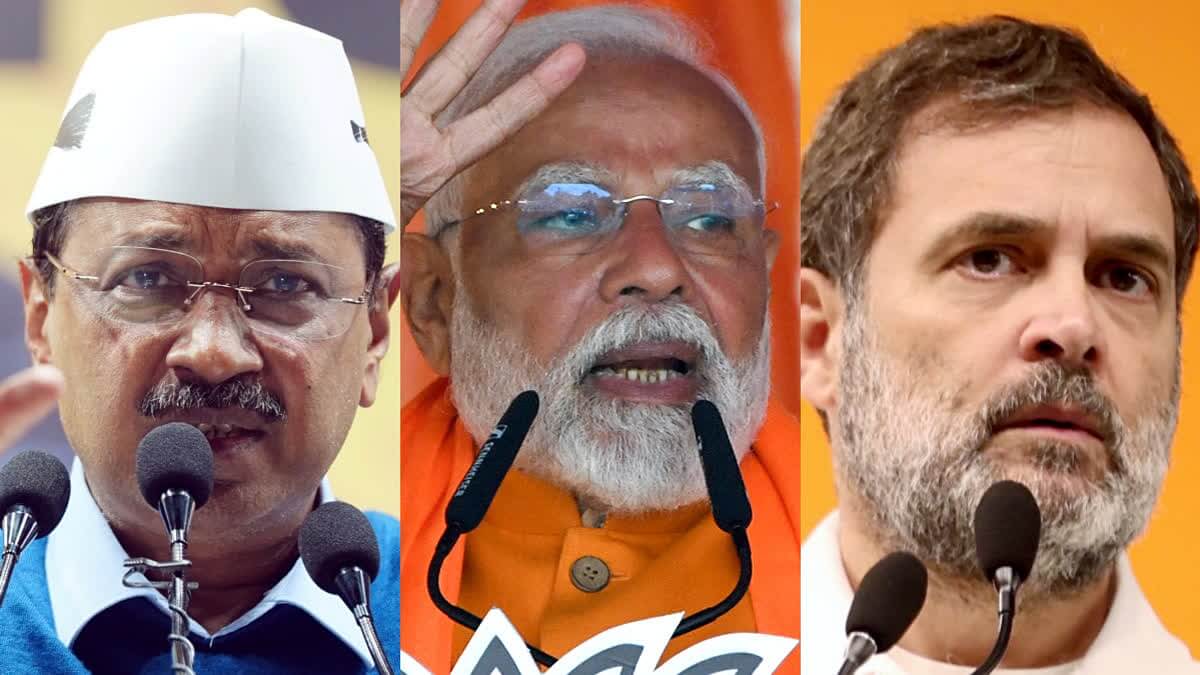
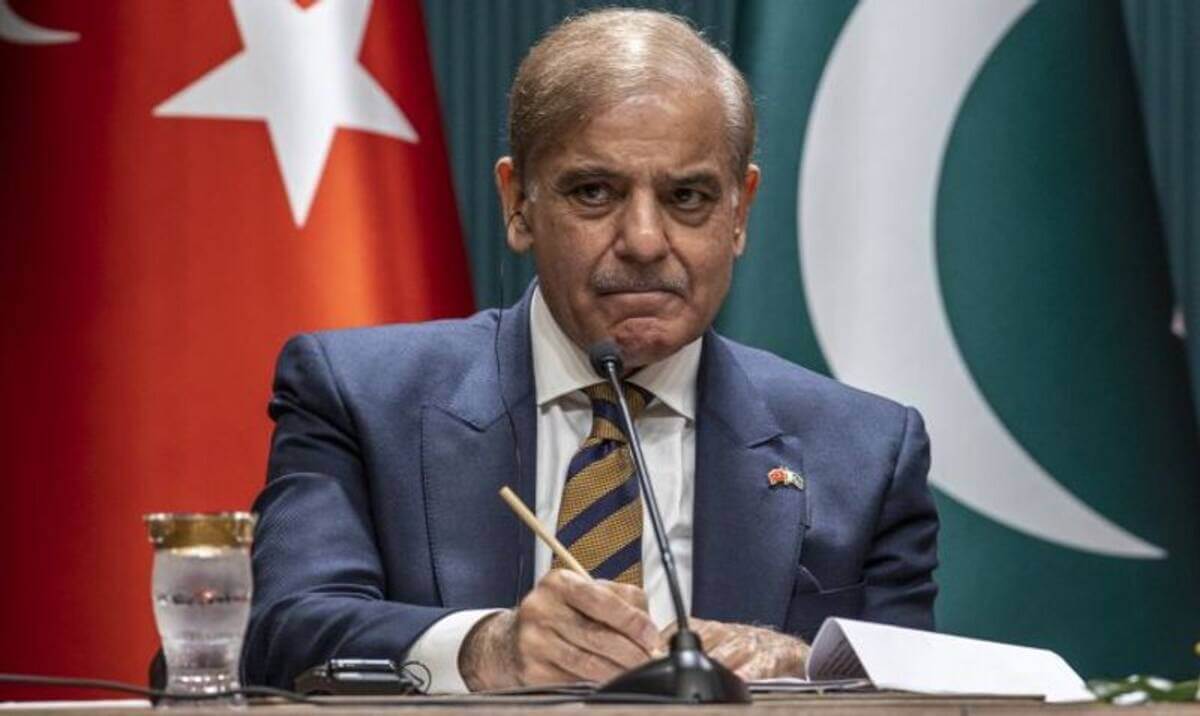
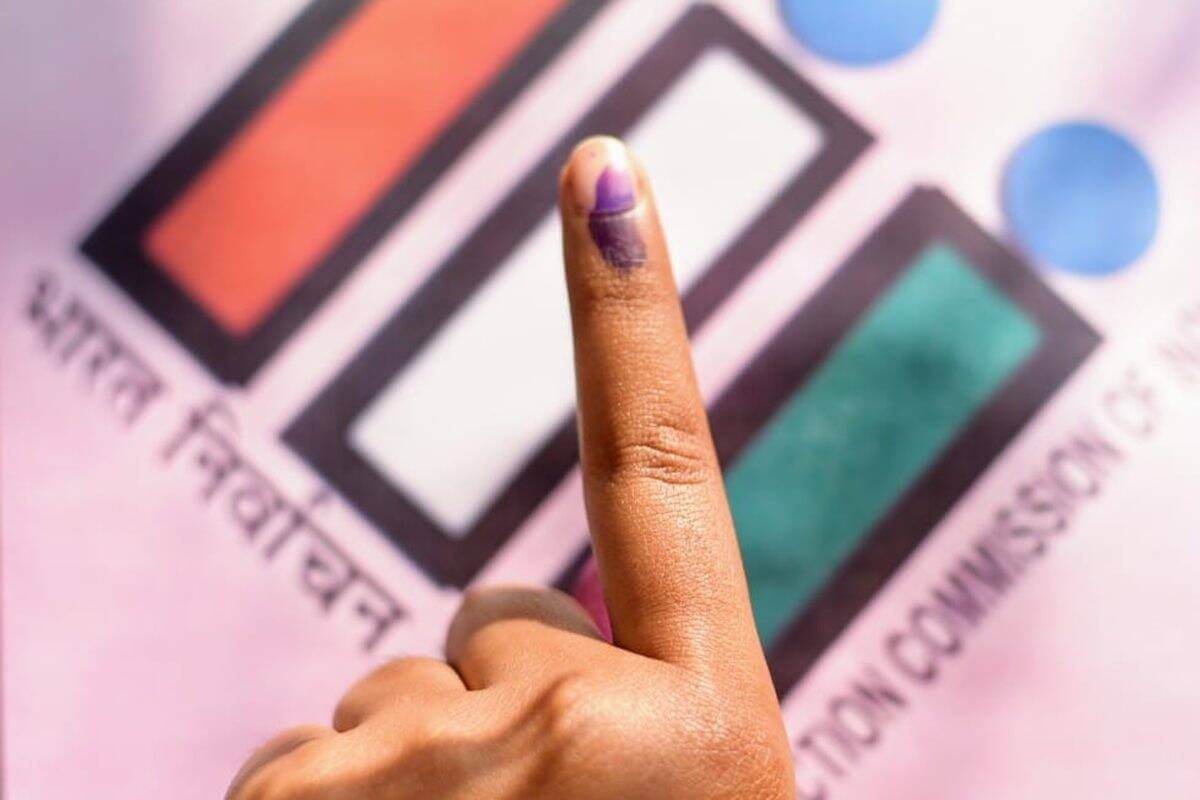
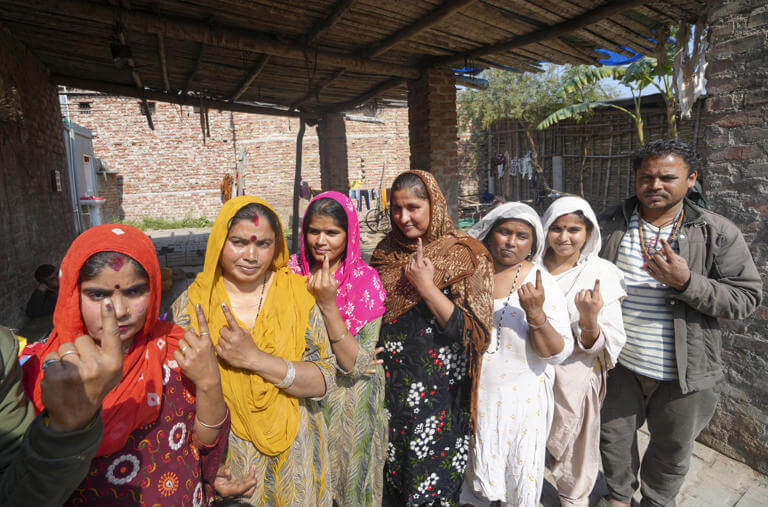
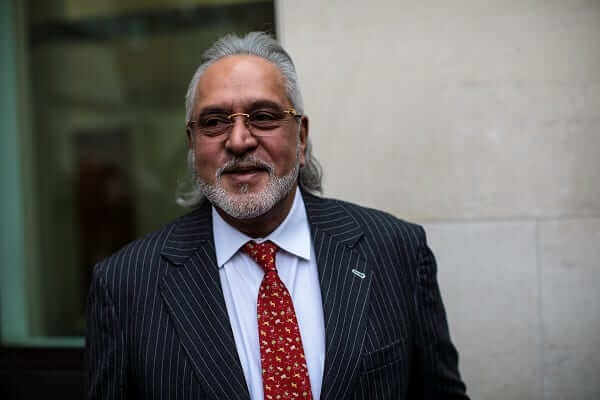
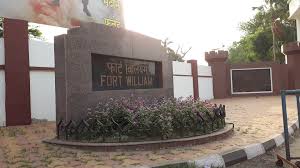
.jpg)
.jpg)
.jpg)
.jpg)
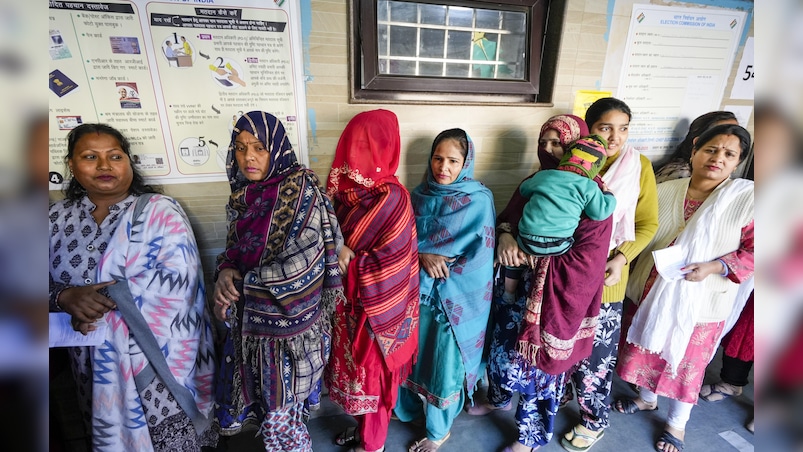
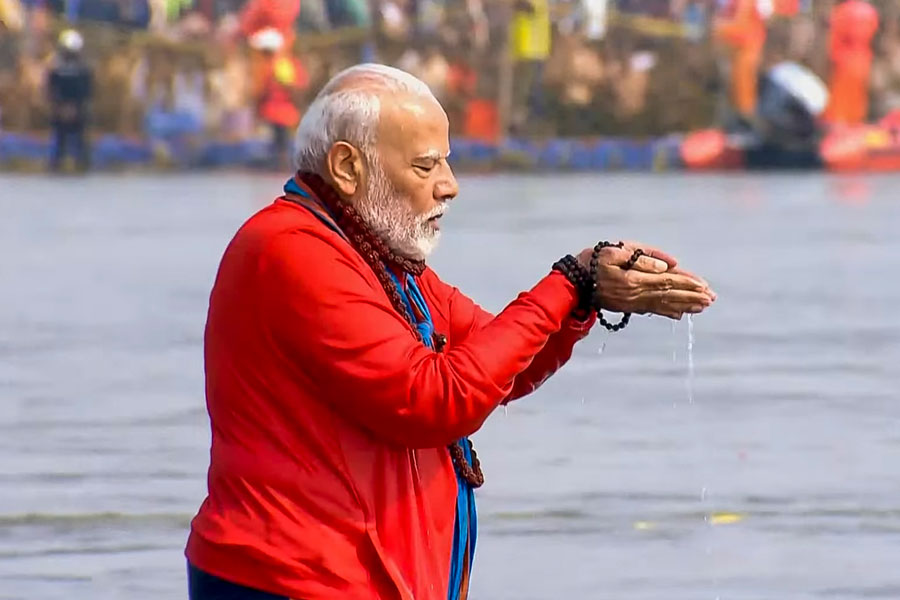
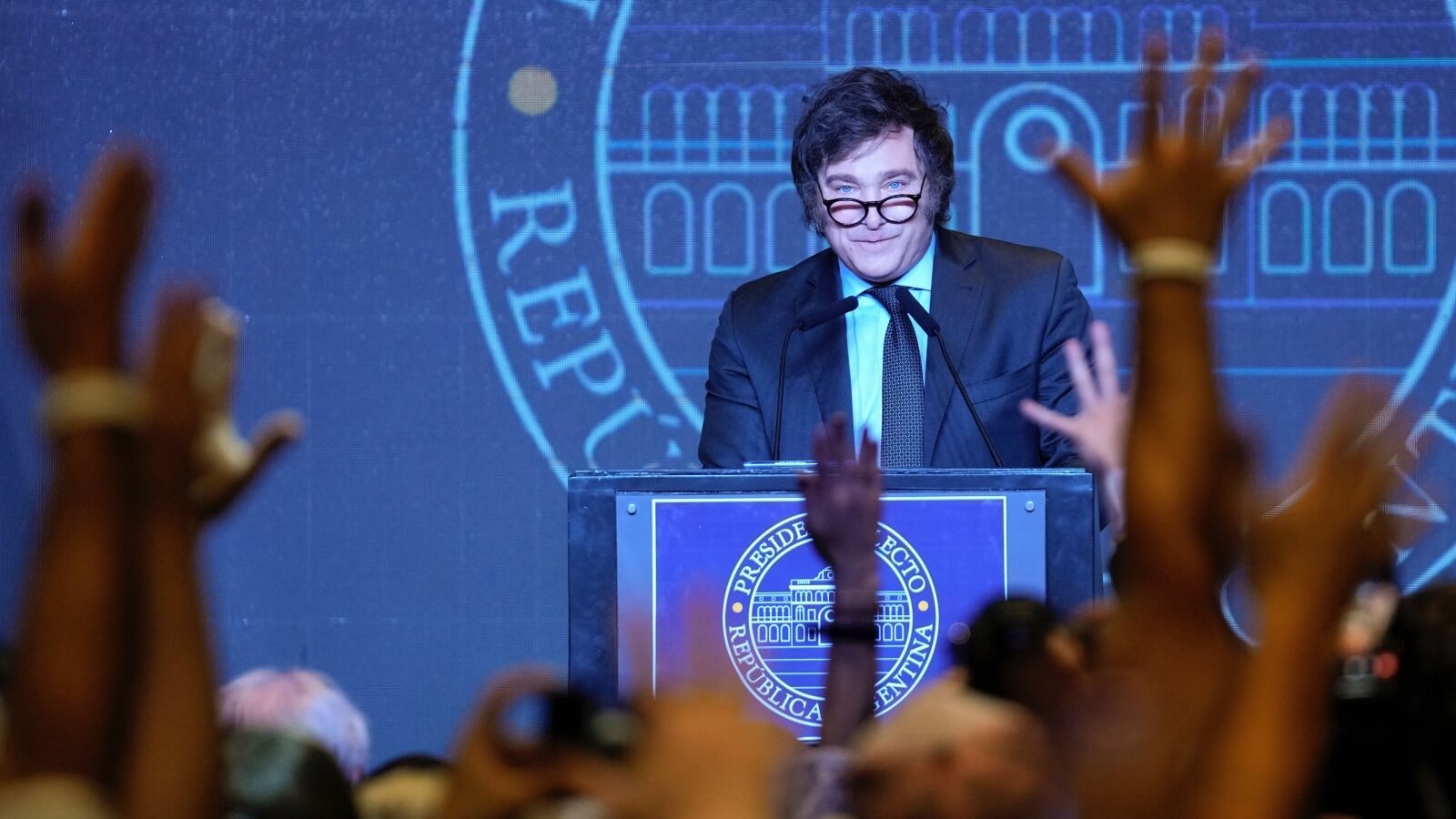
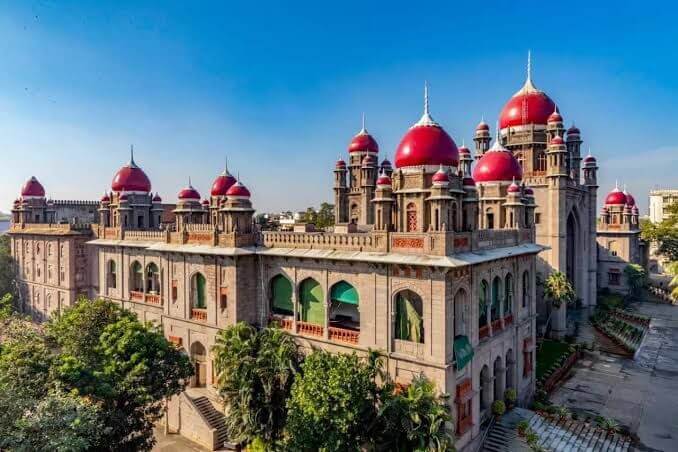
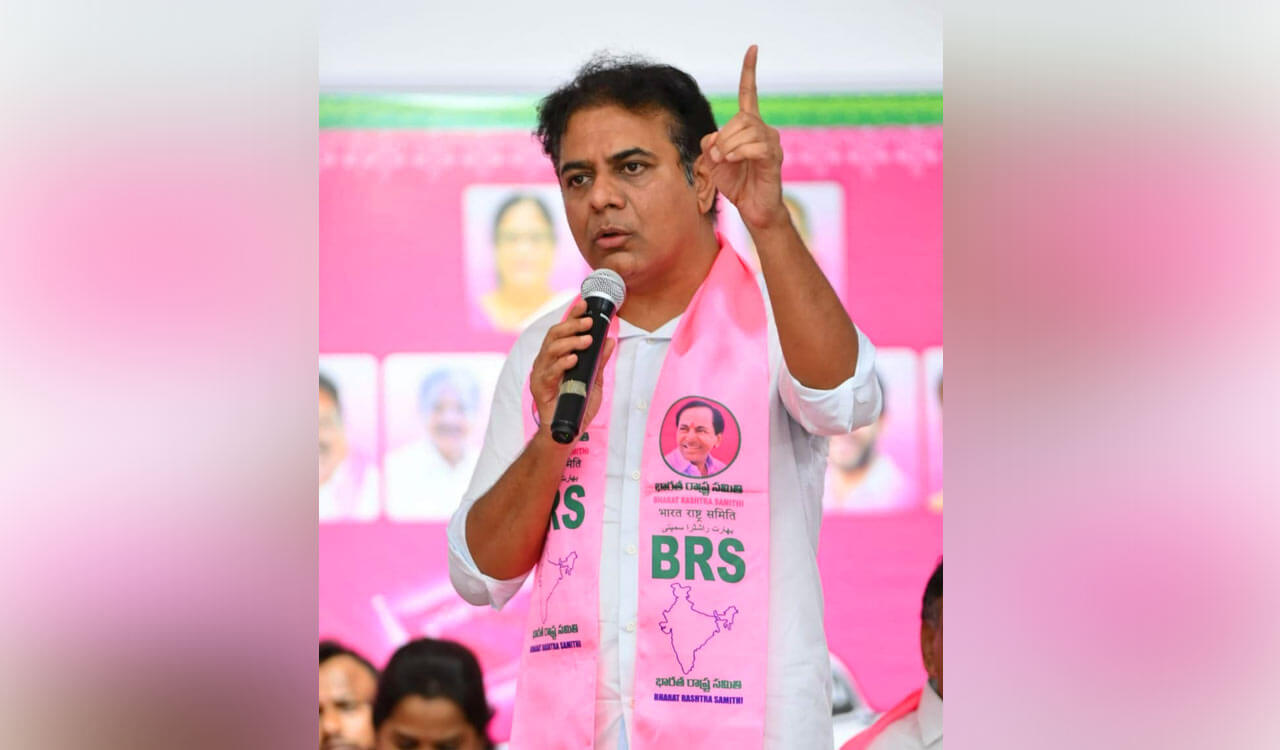
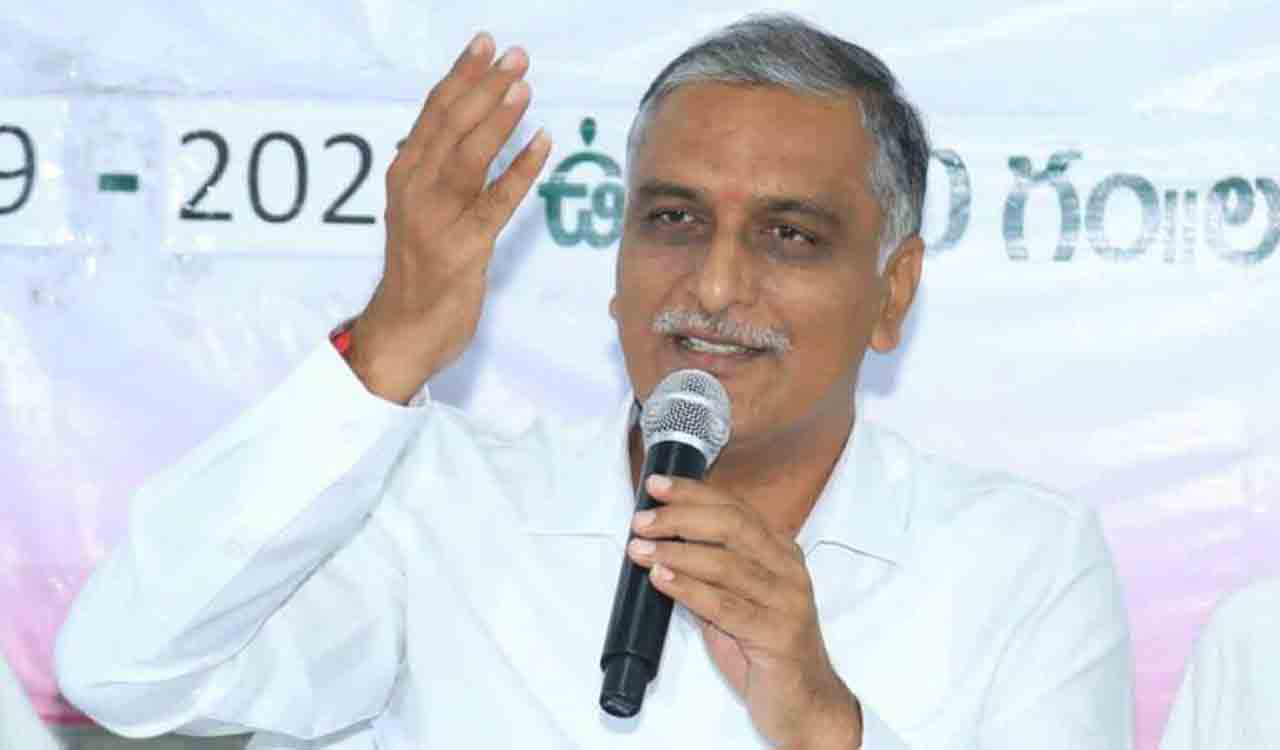
.jpg)
.jpg)
.jpg)
.jpg)
.jpg)
.jpg)
.jpg)
